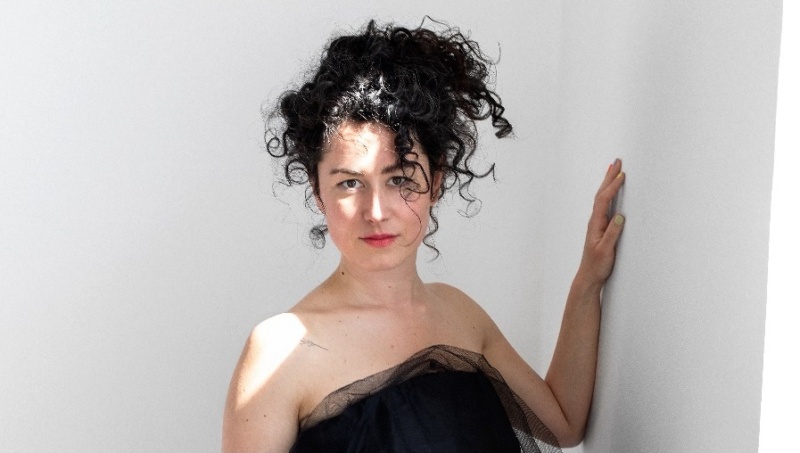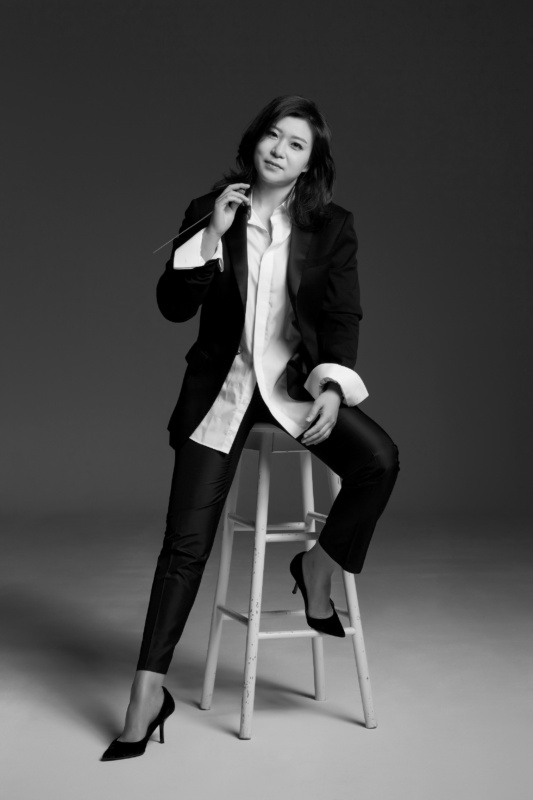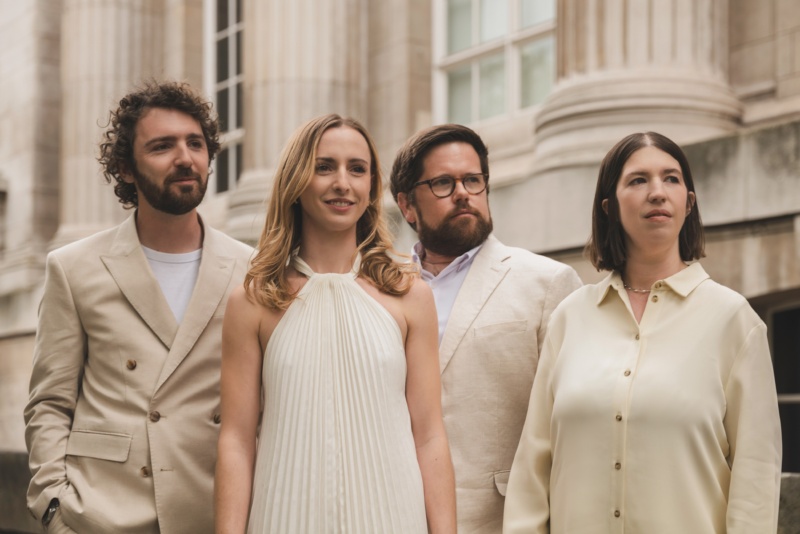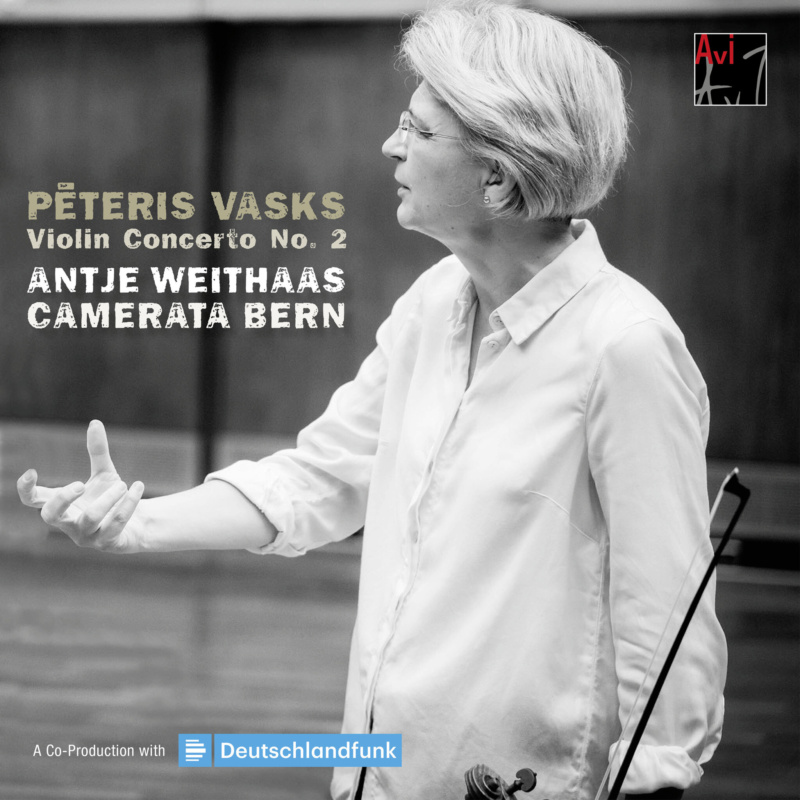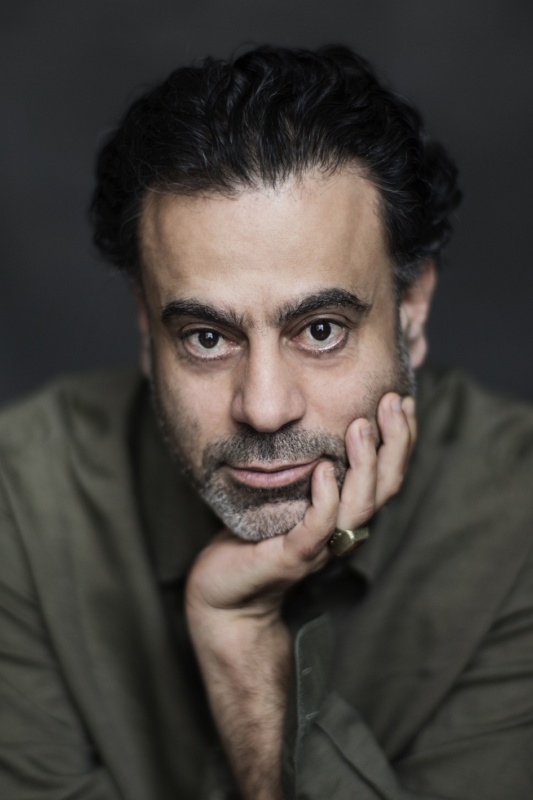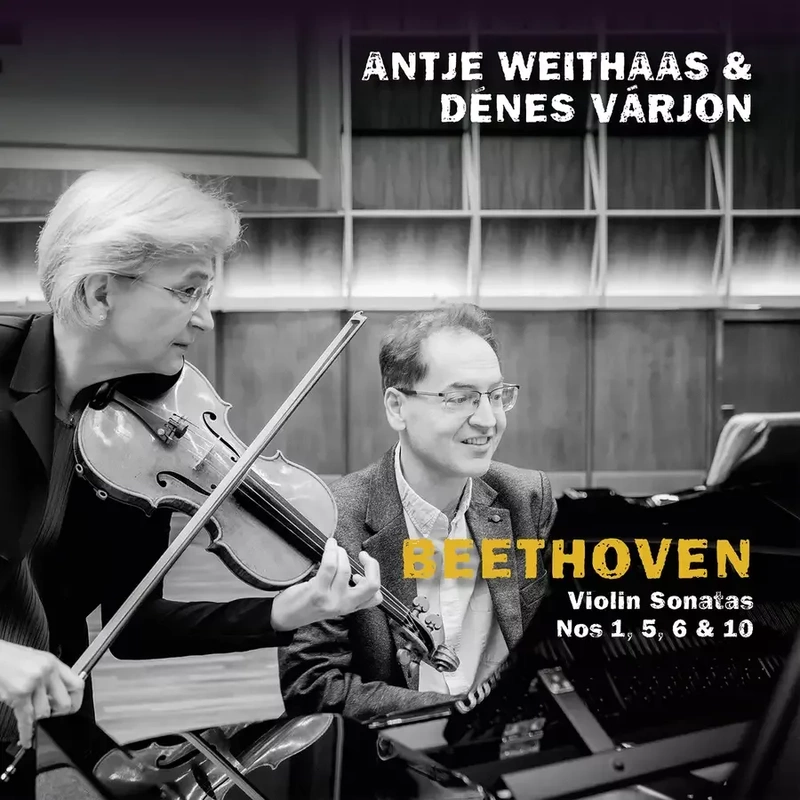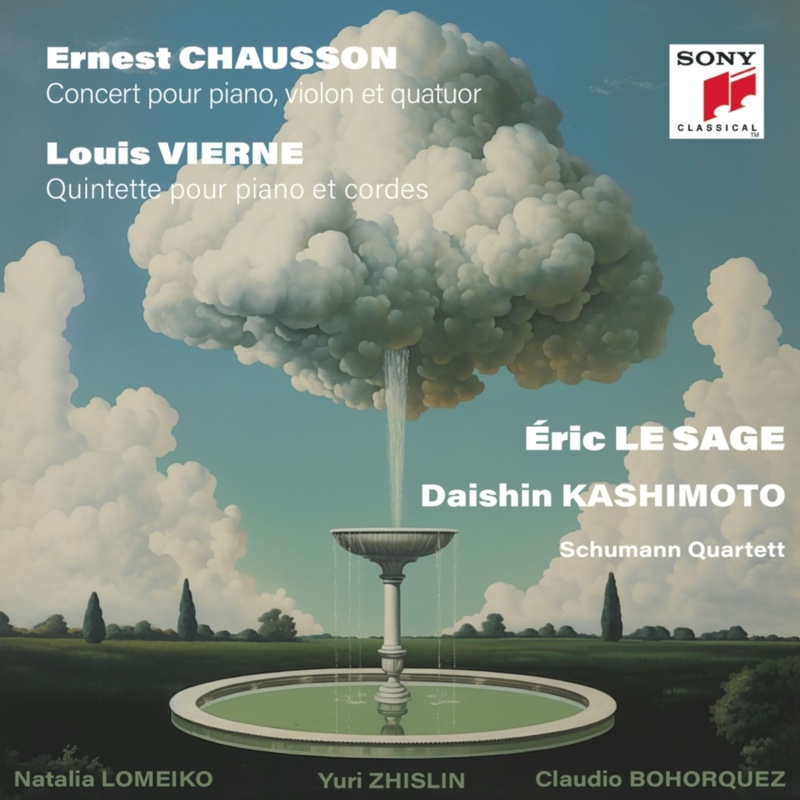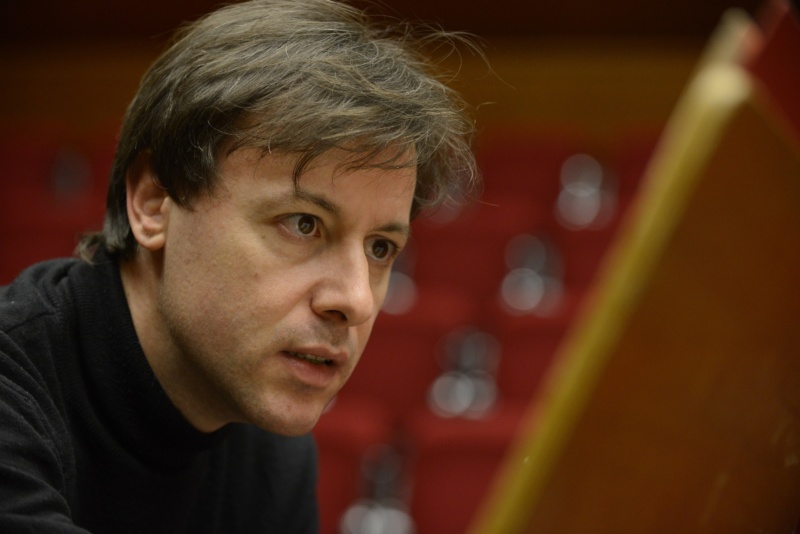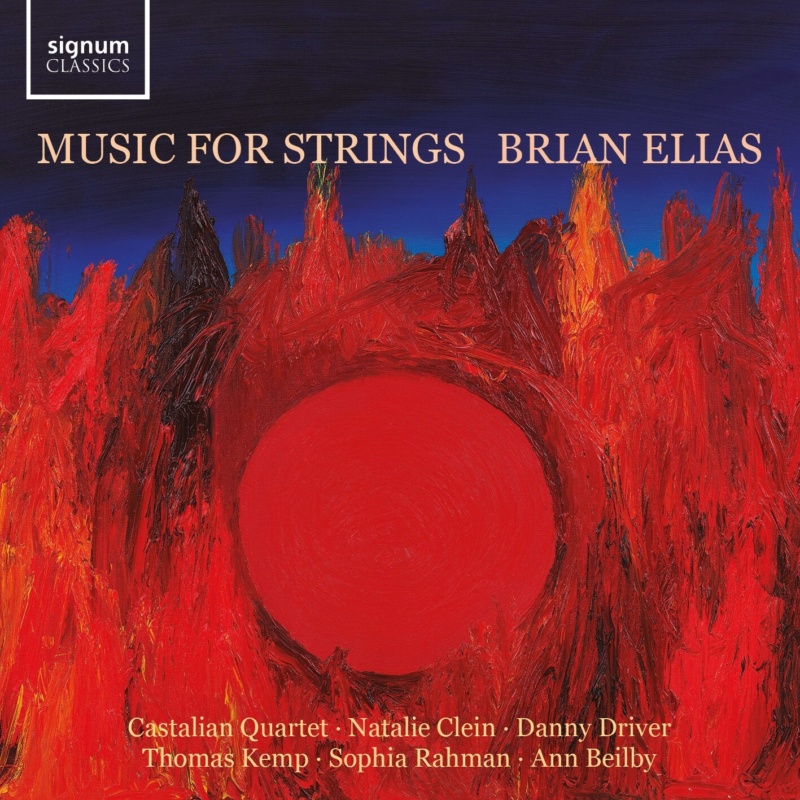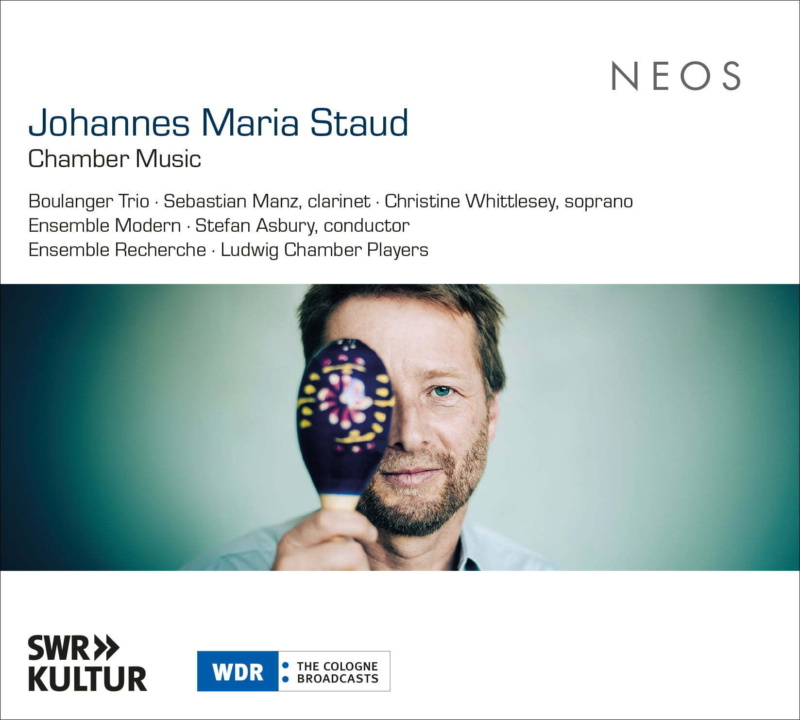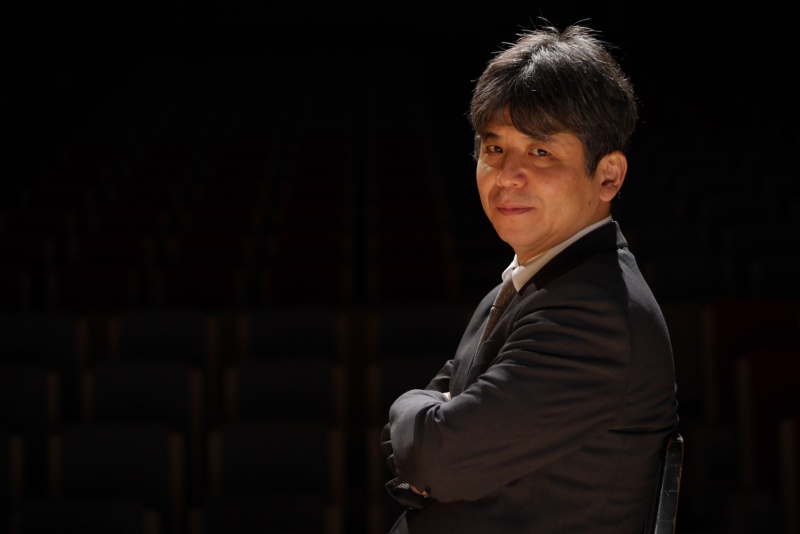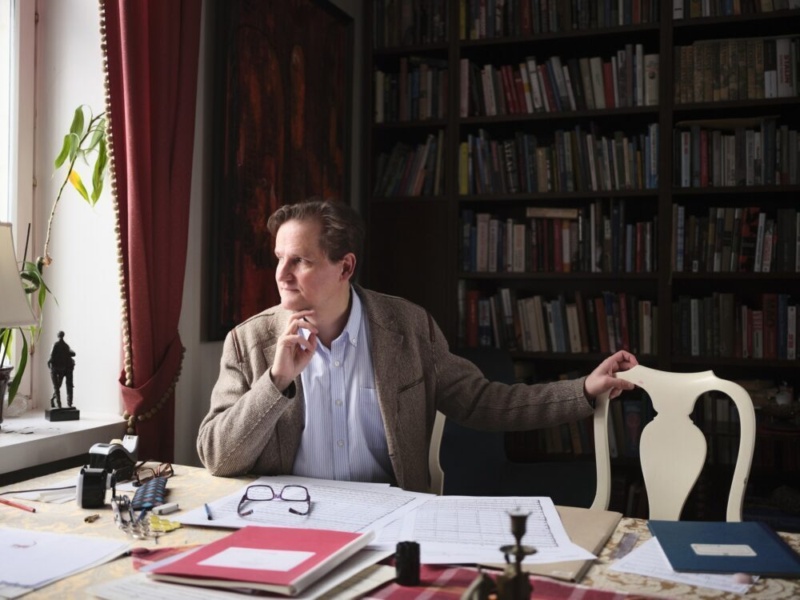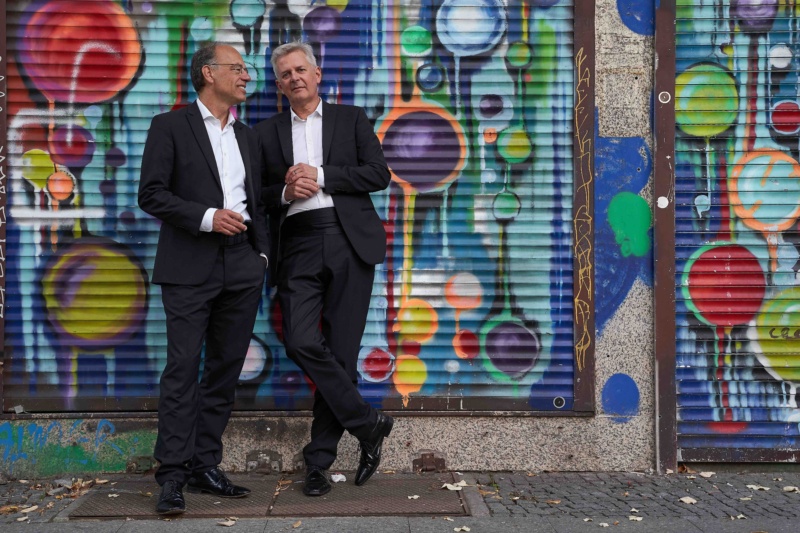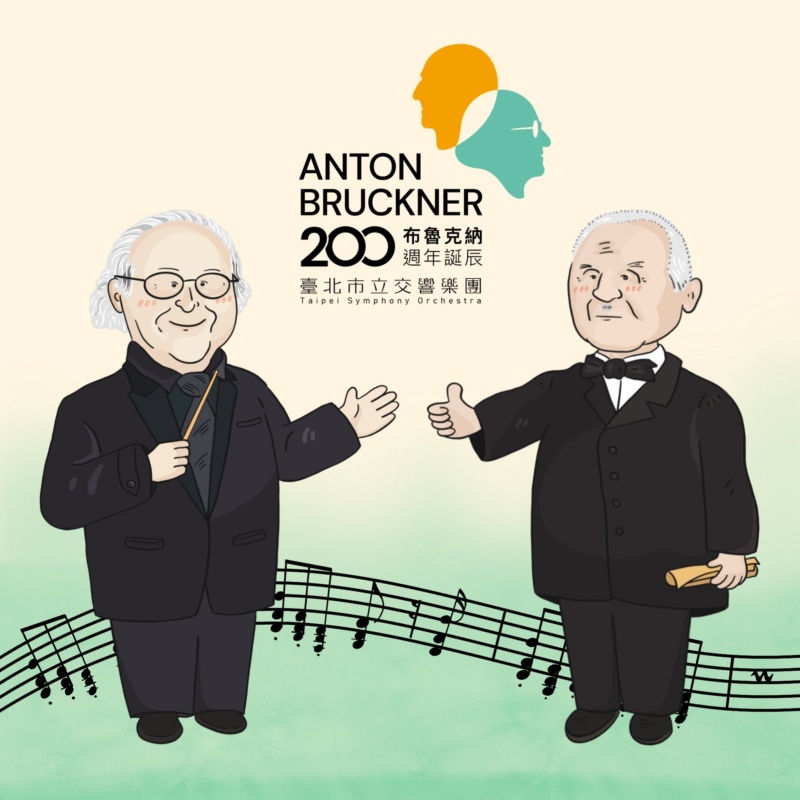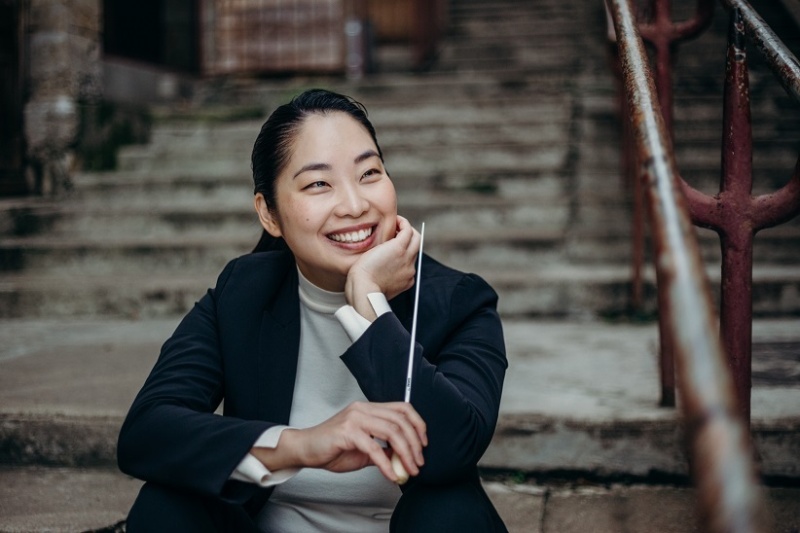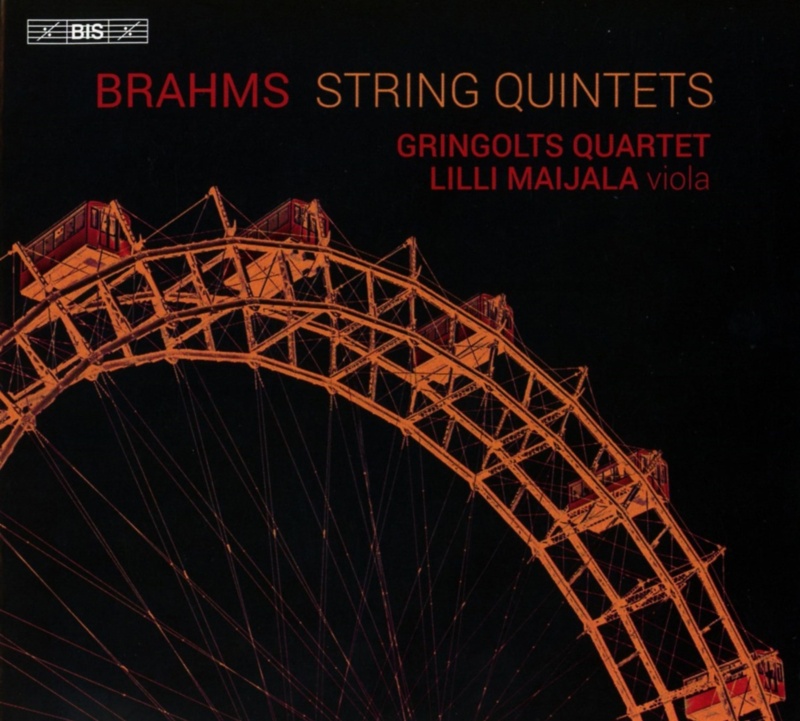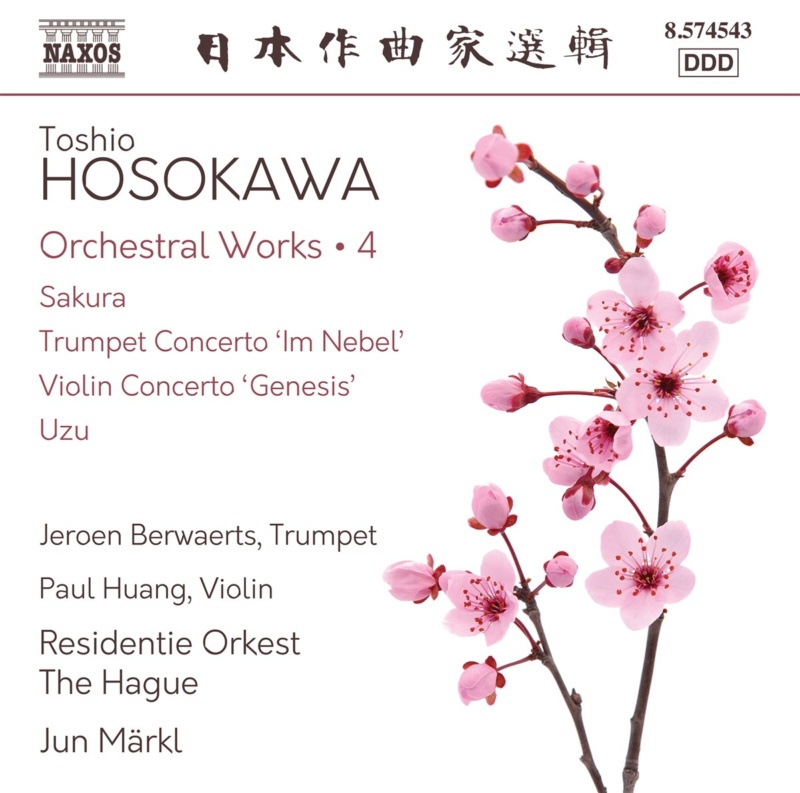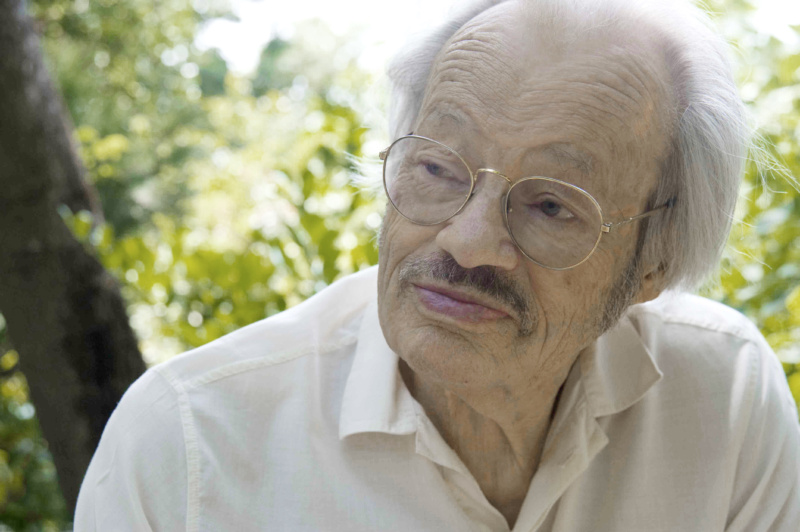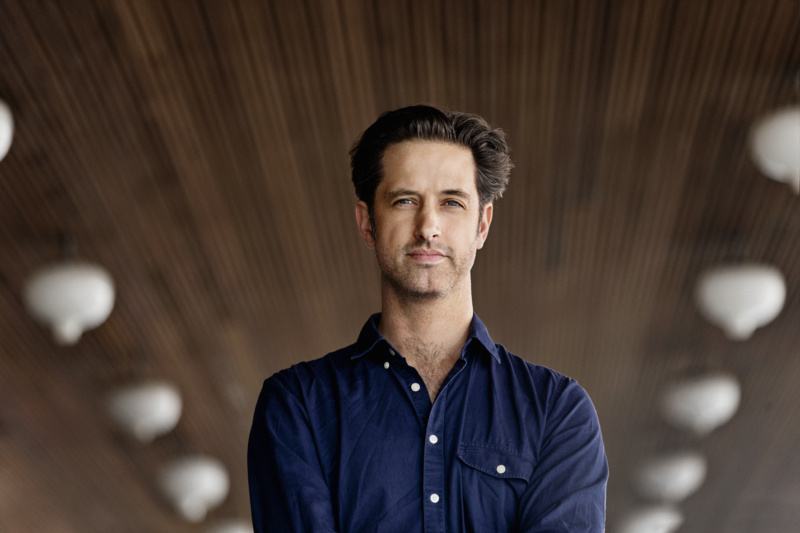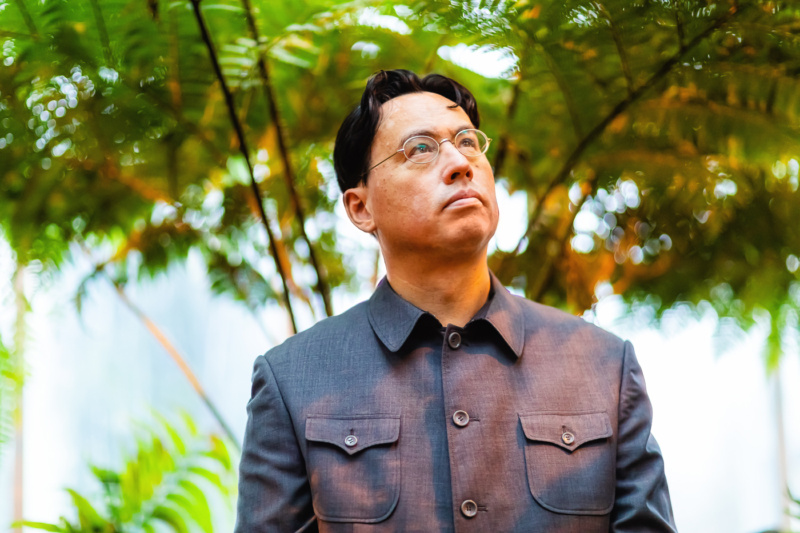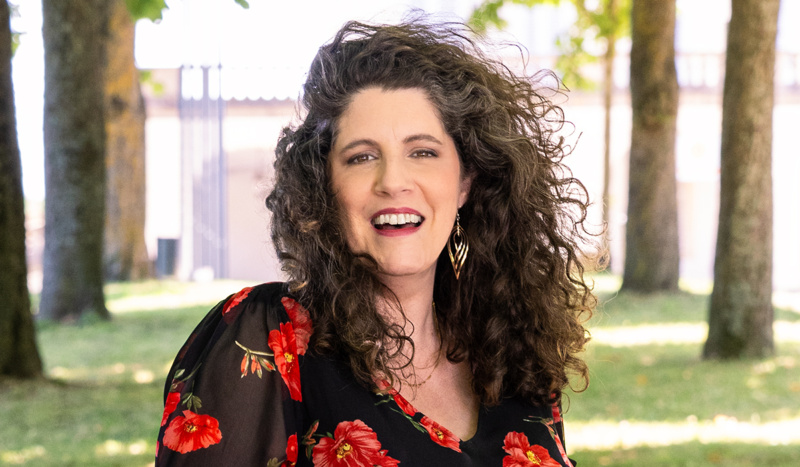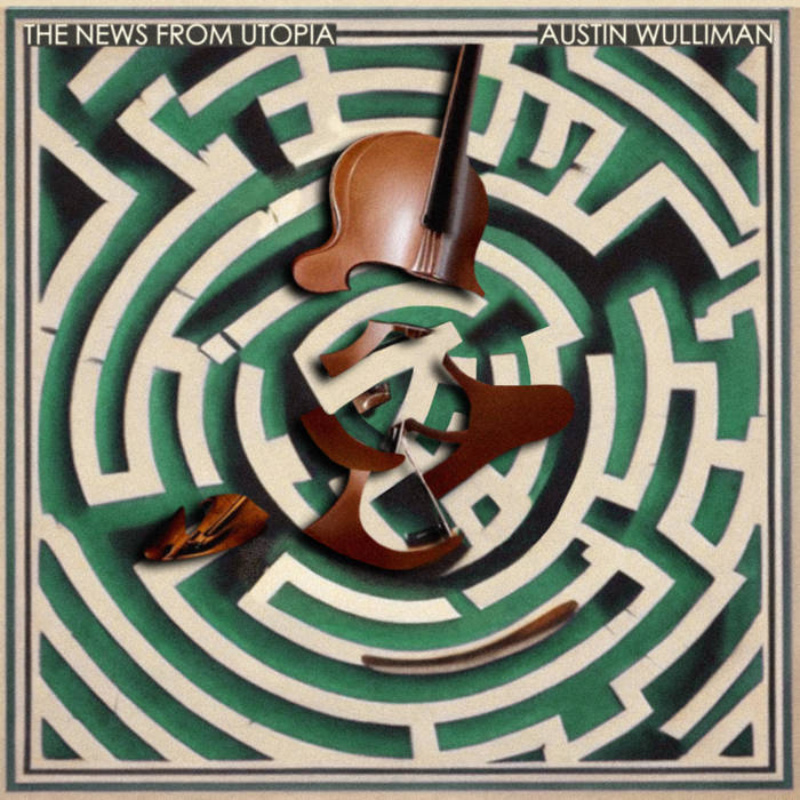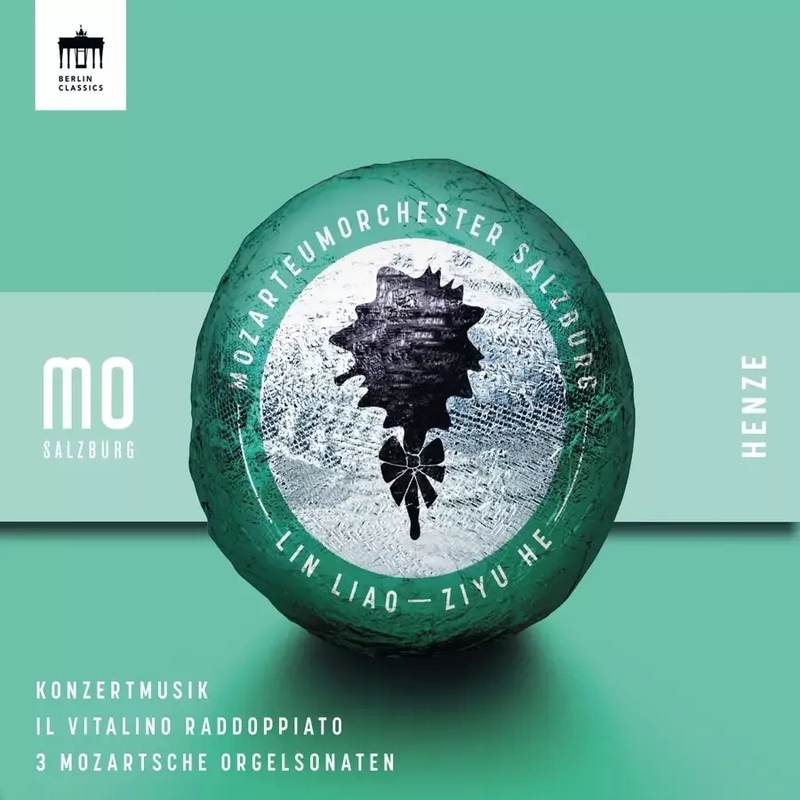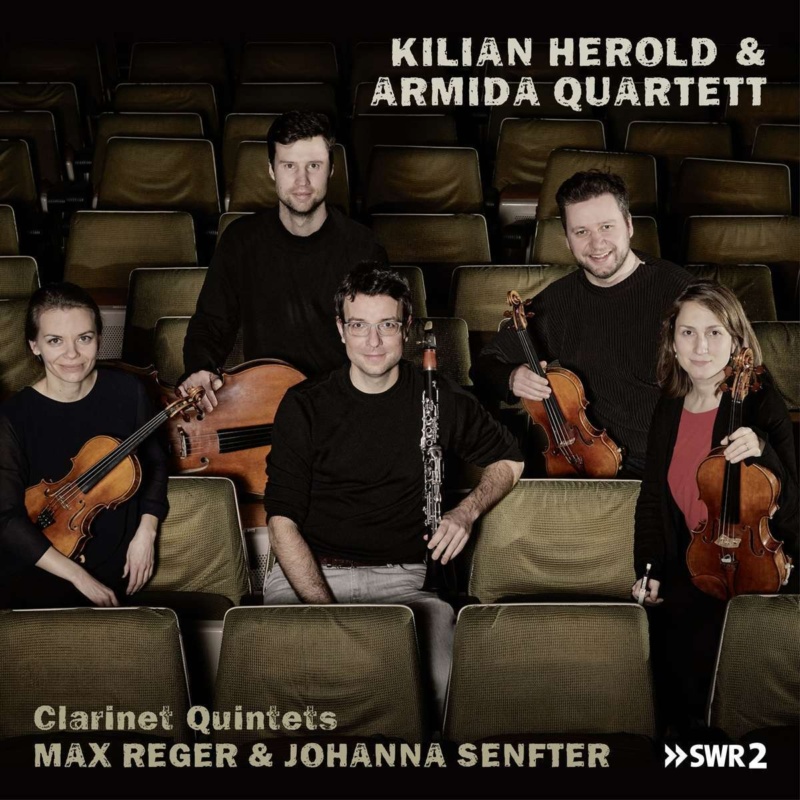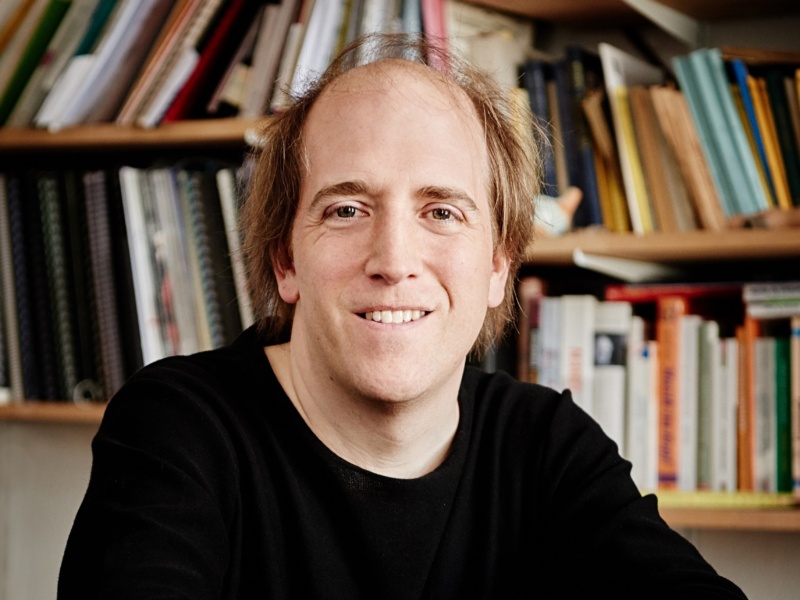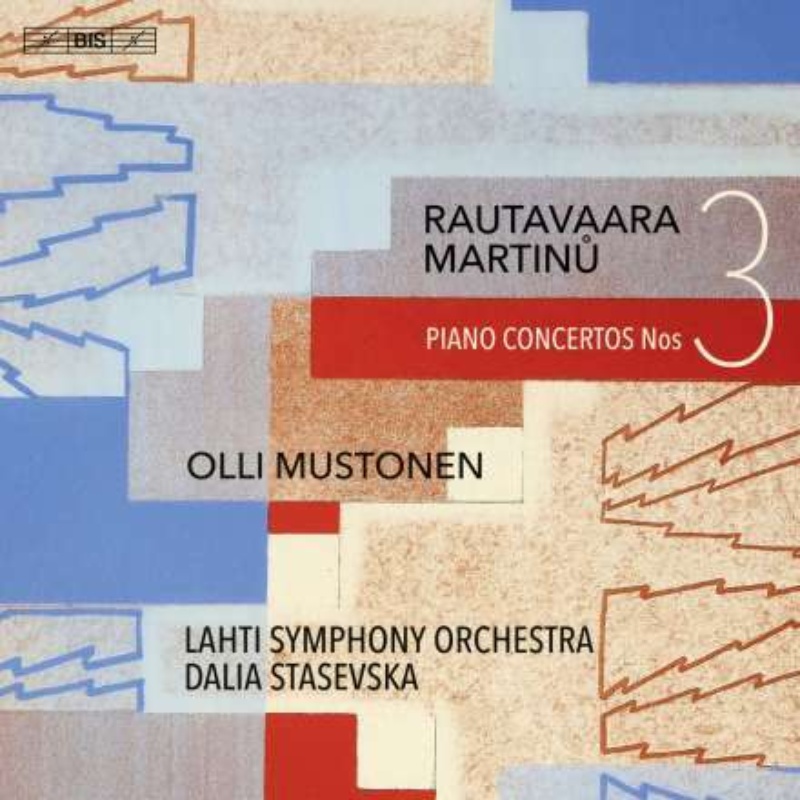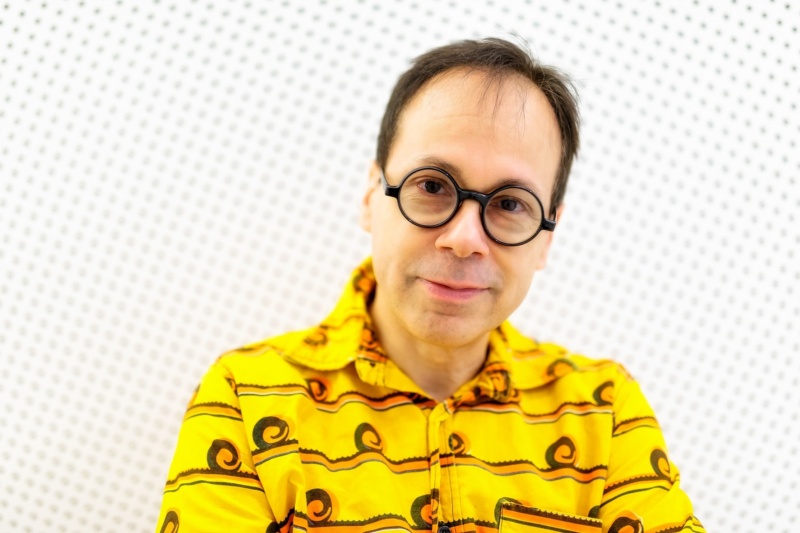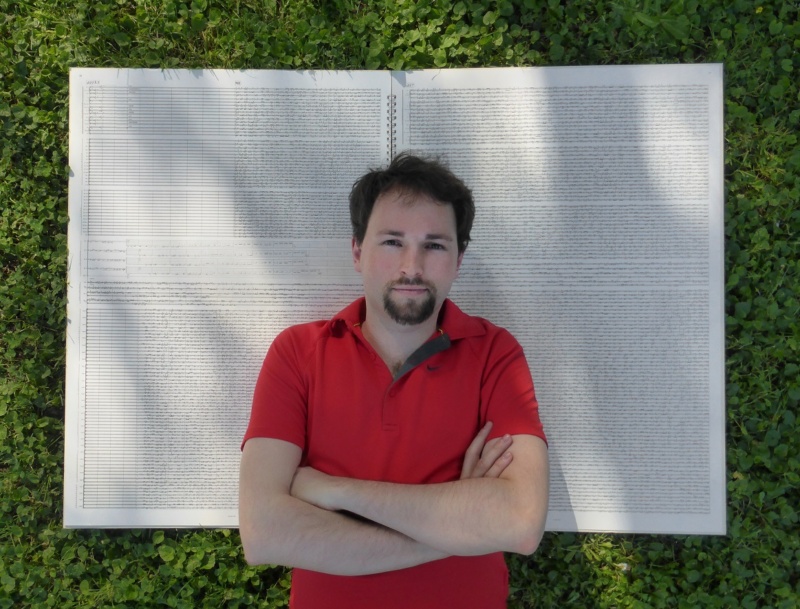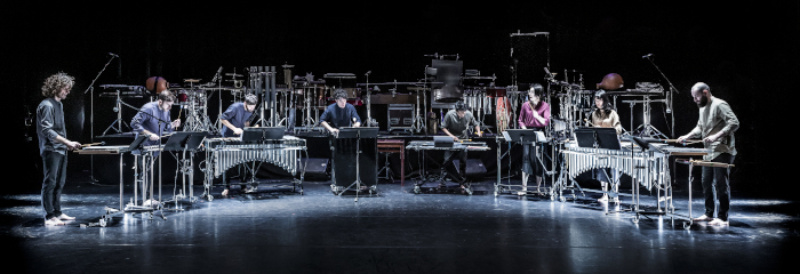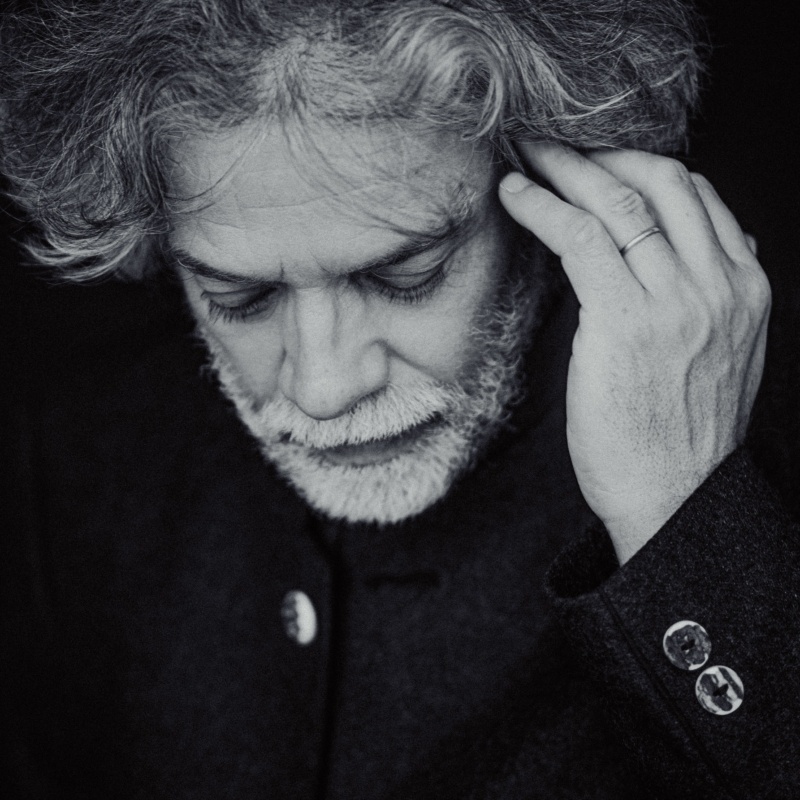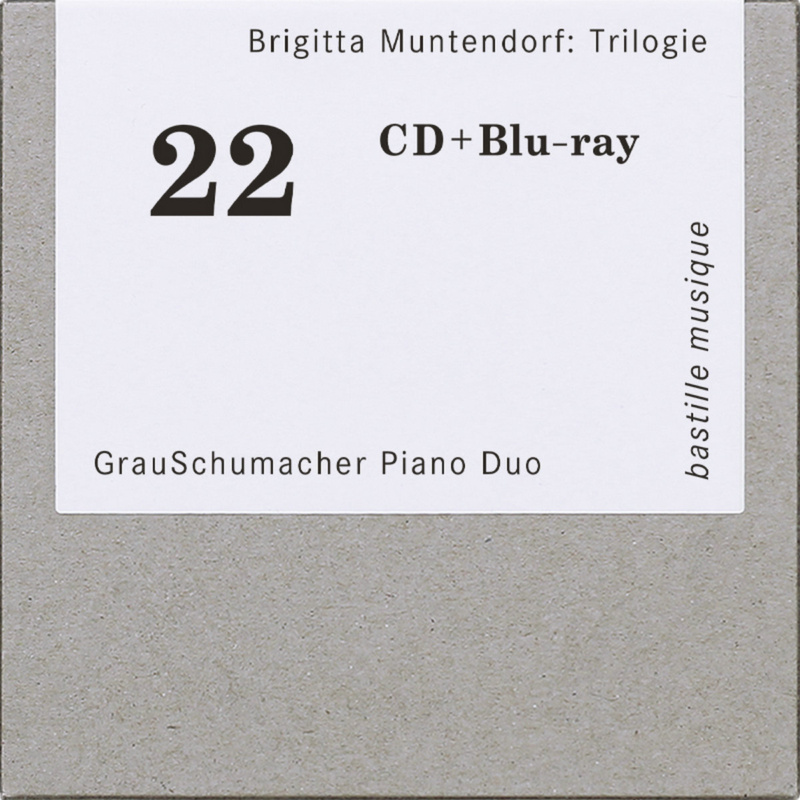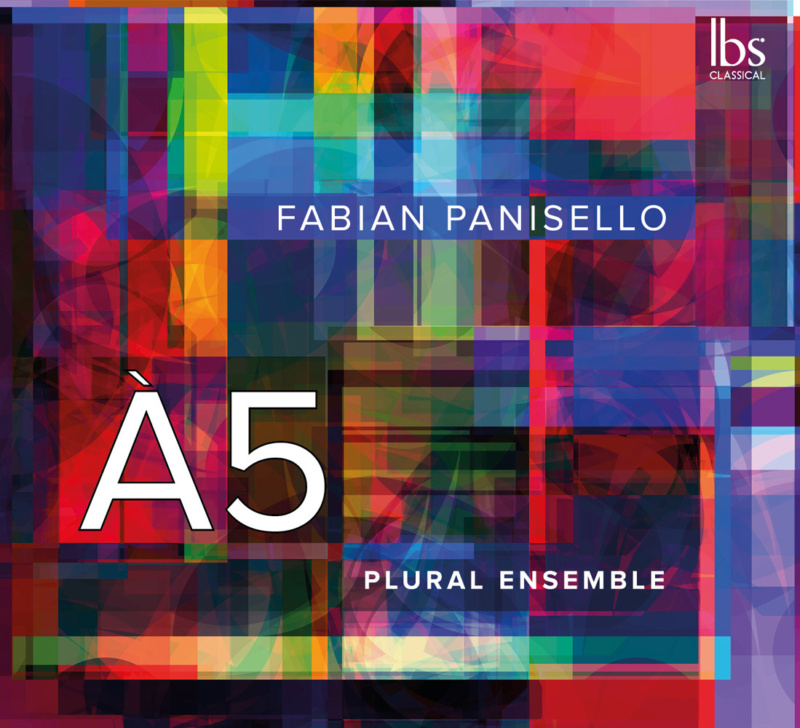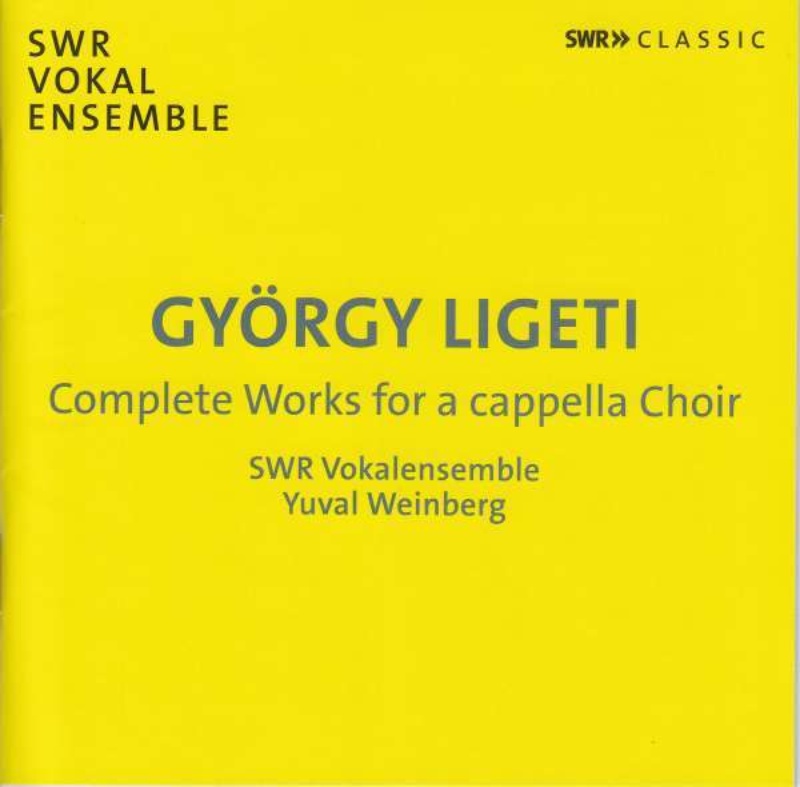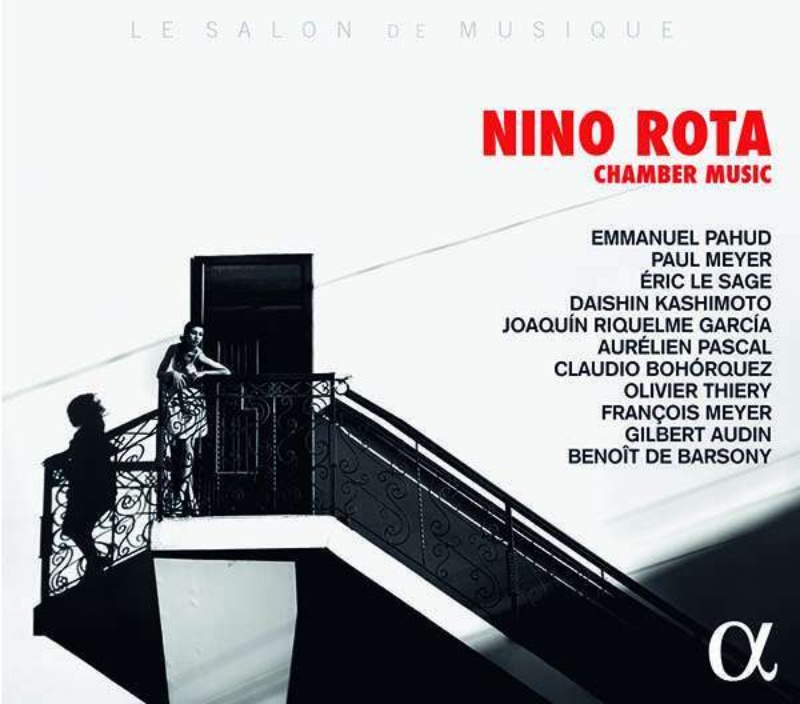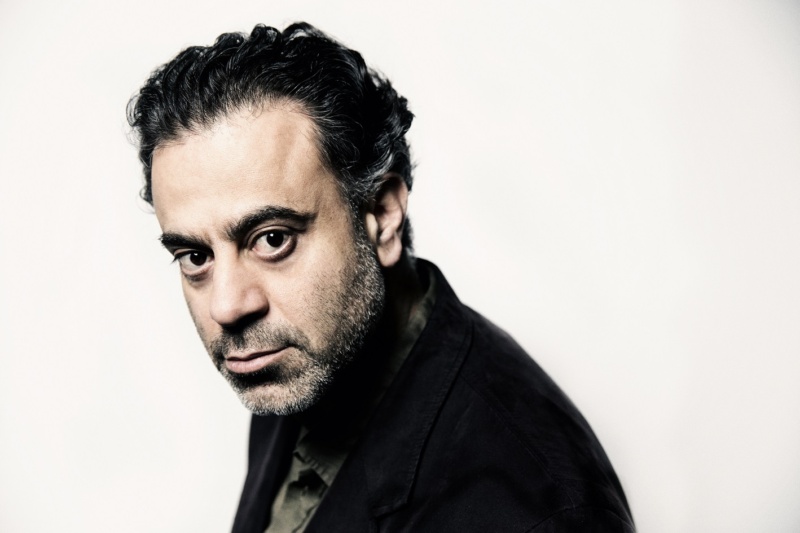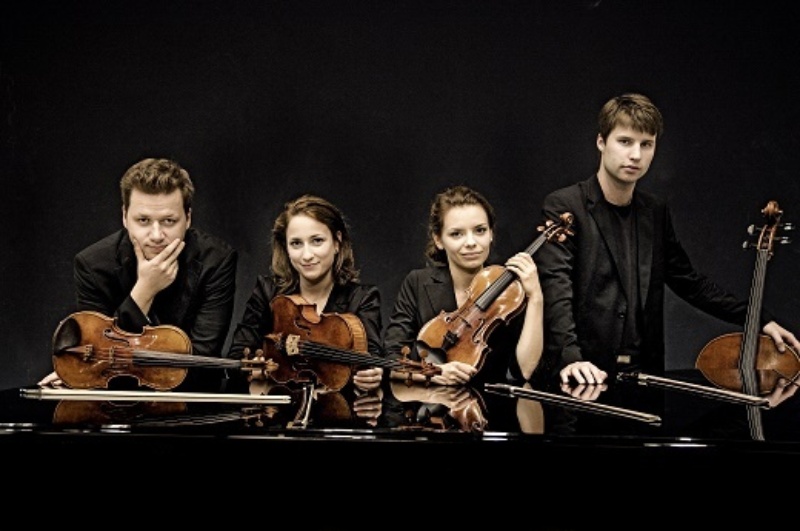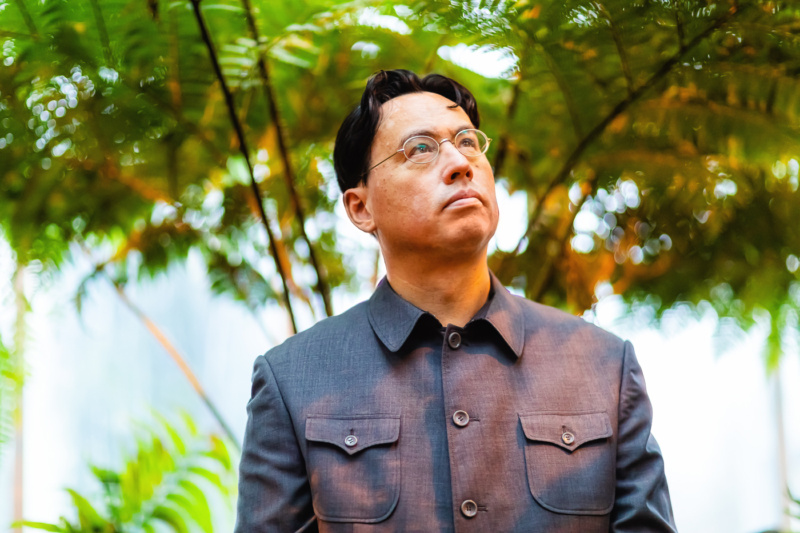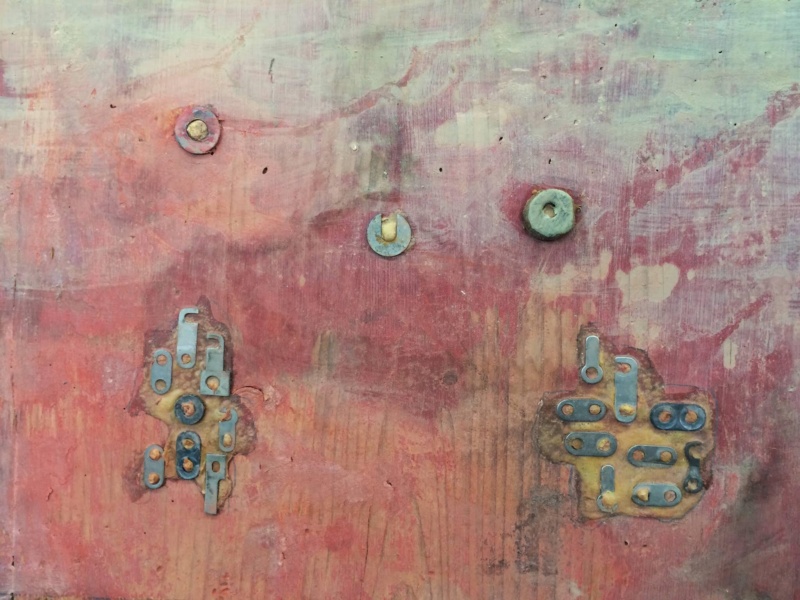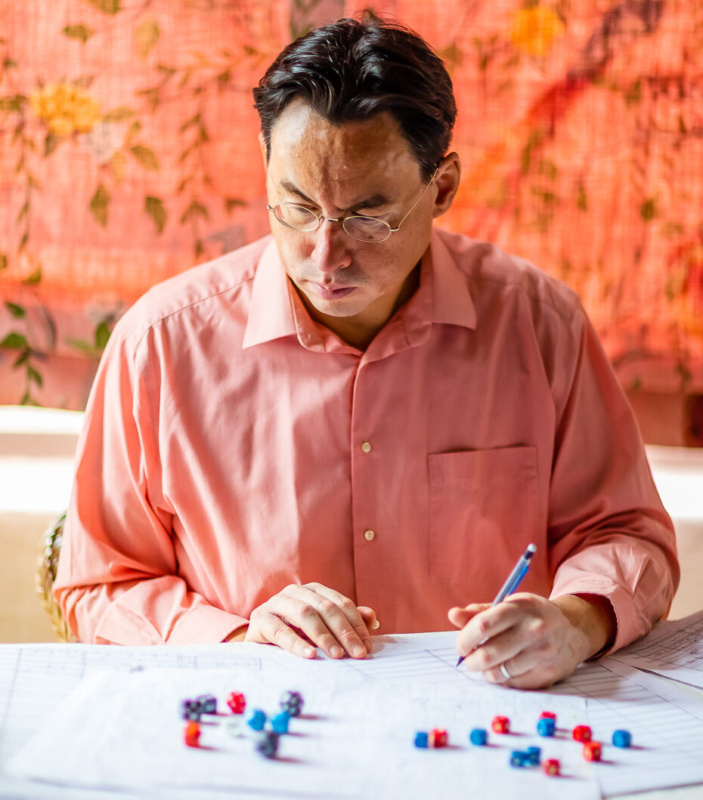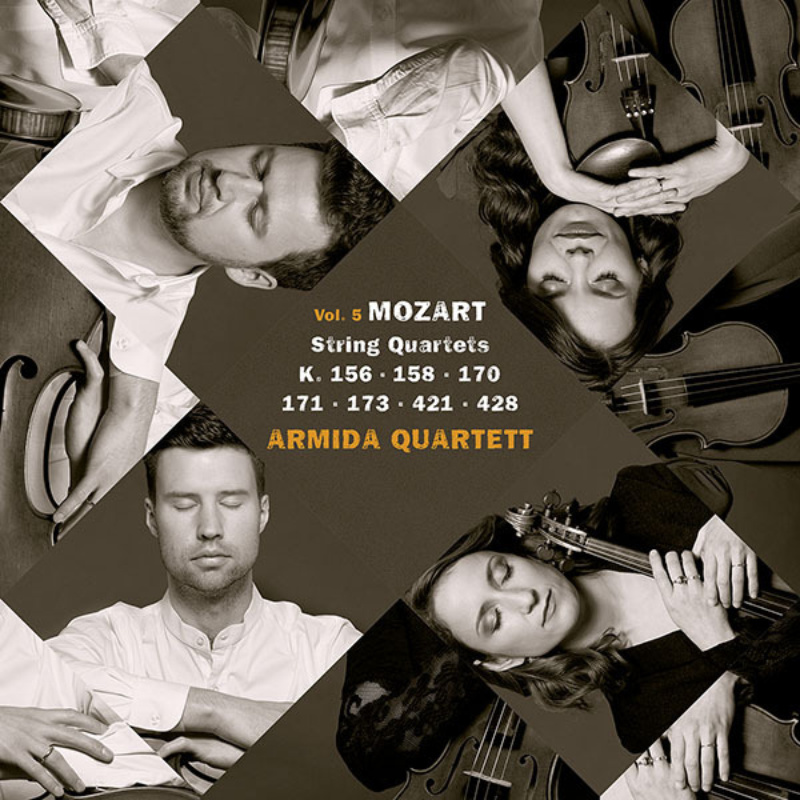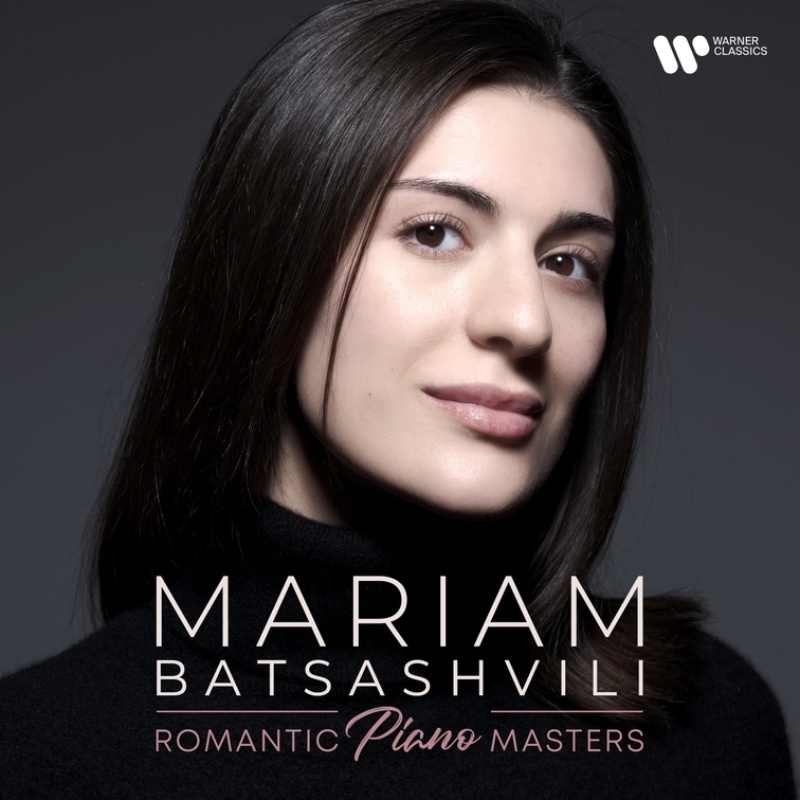Mr. Prégardien, what is the state of the German lieder recital today?
Not as bad as it is often made out to be! Sure, it’s not as good as it was in the 60s and 70s. But the idea that the lieder recital is in a state of crisis and is in danger of dying out is something I can’t believe, especially when I see how many young singers and pianists there are who intensely and profoundly love the repertoire. The standard is also significantly higher today, qualitatively and quantitatively, than it was when I was a student. This gives me hope that a new audience can be found that will make concert halls a bit fuller again.
You aren’t singing to empty halls! The Schubertiade in Schwarzenberg is full to the rafters – here you have to buy tickets months in advance, just like Bayreuth. In Heidelberg there is talk that the lieder is entering into ‘uncharted territory’. Where is the crisis there?
Yes, you’re right, that seems very healthy. But there is nevertheless a lieder crisis. Take a look at the large German cities: Munich, Hamburg, Frankfurt, Cologne. When I started singing, each of these cities had their own lieder recital series. Now even Vienna doesn’t have one – and Vienna is actually the home of the art of lieder. That begs the question: when it is possible to find a new young audience for German lieder in London of all places, at the Wigmore Hall, then why not in Vienna?
OK, these subscription series don’t exist anymore. But individual lieder recitals still exist…
… yes, for me. For some of us, for the well-known. But not for up-and-coming artists. Concert promoters don’t like to take risks. They prefer to programme the same repertoire, with the fair assumption that classical music audiences are conservative. They also don’t like to take young artists who are unknown. They have pronounced the lieder recital dead far too early.
What is John Gilhooly at the Wigmore Hall doing right that promoters here are doing wrong?
The Wigmore Hall programmes over 150 lieder recitals a year. That’s not just Gilhooly, but also his predecessor William Lyne, who also programmed an excellent mixture of old and new, known and unknown, lieder, piano recitals, chamber music. The variety makes it. There is a specialist audience for all these concerts, but at the Wigmore Hall there is a regular audience that has arisen. Of course, that takes time. The audience has to trust the promoter. But it isn’t helpful to just programme the same pieces with the same artists in order to keep the old audience. The old audience will eventually disappear, and sooner or later new artists will bring a new audience with them. My generation has already made this mistake. When my niece Julia Kleiter, also a wonderful lieder interpreter, sings a recital, the rush for tickets is a bit calmer. But so what? It is similar with repertoire choice. Schubert and Brahms are in demand, but as soon as you offer Hugo Wolf you sell less tickets. My response to that is: so what?
Why is the audience for lieder so conservative? Is it because German art song, with its Blümelein, Bächlein and Mägdelein, is particularly old-fashioned?
That’s nonsense. We also like going to the cinema and watching Robin Hood or Star Wars: it’s all to do with fantasy and empathy. We like novels from the 19th century, painters from the 17th century and artworks that are much older than that. Michelangelo’s David, this immortal piece of marble, gives you pleasure every time you see it. A Schubert lieder recital is like a trip through time back to the Biedermeier period [in Central Europe between 1815 and 1848]. You can of course smile to yourself when the young man sits by the brook next to a girl and can’t say a word. For him it is tragic, but from another perspective it is very sweet and totally normal. That is not so different from how it would be today, with love. I often think that the lieder recital could be a bit more relaxed.
How? Will you put on a colourful tie? Or should we be thinking about staging Winterreise, making it into opera or dance?
No, of course not. In the lieder recital of old, someone would walk on stage in evening dress and suddenly there was a sense of occasion. These times are over. The artist has to come down from their pedestal and try and make a connection with the audience. There are wonderful projects such as “Rhapsody in School”, which I gladly take part in. As an aside, I haven’t worn evening dress for my recitals for a long time now. A nice jacket does the trick. With “Rhapsody” we work with 15- and 16-year olds: to sing and play something to people of this age is fantastic. They recognise straight away that the song is taking place here and now, and that it has something to say to us. This music is just as current and valuable as the other things they listen to. Pop songs are also mainly about love and death: they are amplified Schubert lieder with beats. But the real thing is even better.
Do you get stage fright?
Yes. Less so now.
Is it bad?
Very. Beforehand everything is incalculable. Perhaps you won’t be able to perform to the same high standard or control your breath. That happens. In this I am very different from my son Julian. He looks into himself and says: “I’m going on stage now, and I enjoy it.” The worst time for me is always the last 15 minutes before a concert. That’s not nice.
You have also recently been singing baritone parts and started to conduct. Is there a reason for this? Is this the late period of Christoph Prégardien?
Now you’re talking like this too! I’m only 62 (laughs). No, I am not planning to change my discipline, I’m still a tenor. As long as the voice remains as it is, I don’t see a reason to stop. But there are other parts that I am interested in. For example, Mendelssohn’s Elijah which has a relatively high baritone part that I always wanted to sing. In the meantime, I’ve done this several times. When you sing that with a historically-informed orchestra with small-scale instrumentation, then a voice like mine can sing the role very well. In any case, it would be wrong to perform Mendelssohn with a modern orchestra. I once sung in Verdi’s Requiem because I love it so much, but of course I realised that it wasn’t really for me. But it was great fun. You have to test the boundaries every now and again to find out where they are. Your voice isn’t destroyed by singing the wrong part.
What is it destroyed by?
For most singers, it is because they sing too loud. In concerts and opera they have to sing too loudly. Since steel strings were introduced, orchestras have become louder and halls even bigger. Lots of conductors don’t think about the fact that 80 or 90 people can make a hell of a sound, whereas at the front you have one person with two vocal cords. When you look in scores, it is amazing how often pp or p is written, but you only ever hear loud.
It is not just conductors that confuse passion with loudness…
One of the many things you can learn from Schubert.
Is that why you don’t sing opera any more?
I haven’t done an opera for 12 years. It just doesn’t work with my teaching duties: I can’t be away from my students for eight weeks.
Do you miss the opera?
Yes, very much. Opera is always a kind of teamwork, always a large project. When everything comes together – the ensemble, director, casting, conductor – then it is enormous fun. Also purely from a singer’s perspective, opera is enormously important. Every young singer should also sing opera, to discover everything you can do with the voice, how you can use the body as an instrument. Apart from the fact that you are standing behind the orchestra and not in front of them, it is much easier to sing opera than lieder.
In what way?
There are breaks in between. You are always going backstage, drinking a glass of water, talking with other people, watching TV. In a lieder recital I am the central focus, standing more or less alone over a long period of time. That is much more strenuous.
Is there an opera that you still want to do?
I always used to say that I’d like to sing Britten on stage. But it’s too late for that now. A couple of years ago I sang Idomeneo in a concert performance with Julian and Kent Nagano; I’d like to sing that again. I’d also love to sing Pelleas. Whether that will come to fruition… I’m not sure. If I’m being totally honest, I miss the opera. It is a great joy to stand on stage.
Except the 15 minutes before the curtain rises.
Yes, I’d happily skip that part.
spring 2019, translated by Samuel Johnstone

